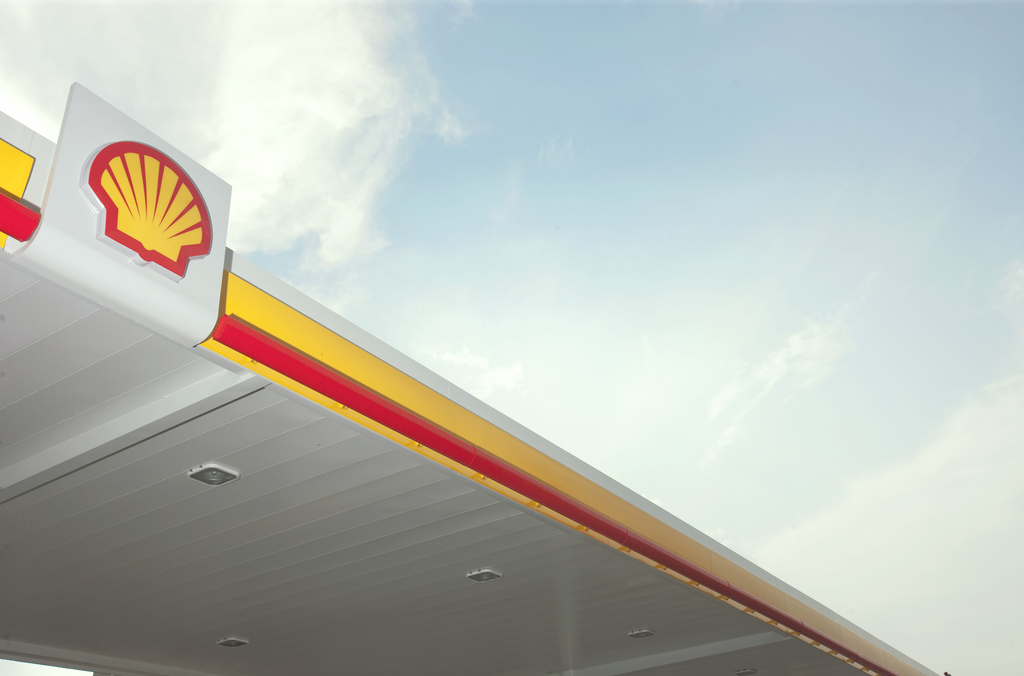Shell and Eni hit with corruption charges over Nigerian oil deal

Italian prosecutors have charged oil giants Shell and Eni with international corruption offences, as the companies struggle with the fallout from their controversial 2011 purchase of an oil licence in Nigeria.
Several senior executives from the two companies – including Eni’s current CEO Claudio Descalzi – have also been asked to stand trial individually over the $1.3billion deal, along with former Nigerian oil minister Dan Etete.
In a statement issued yesterday, Eni said it had no involvement in the “alleged corrupt conduct subject to investigation”.
Shell received an indictment from the Italian prosecutors on February 14th. The Tribunal of Milan has fixed the preliminary hearing for 20th April 2017.
A company spokesperson said in a statement: “Based on our review of the Prosecutor’s file and our understanding of the facts, we don’t believe a request for indictment is justified and we are confident that this will be determined in the next stages of the proceedings. We continue to take this matter seriously and co-operate with the authorities.”
But last month, in response to the Nigerian courts decision to temporarily revoke the licence, the company said: “we are aware of the Italian prosecutor’s investigation and we hope to show that there is no basis to prosecute Shell. Shell takes this matter seriously and is co-operating with the authorities.”
Read more: High Court rules Shell not liable in UK for Nigeria oil spills
A document issued by the public prosecution office in Milan shows Italian legal officials are seeking charges against four Shell executives, including the chairman of the Shell Foundation, Malcolm Brinded.
Brinded was an executive director at the company at the time of the OPL 245 deal, as well as chairman of the board of trustees at the Shell Foundation, the company’s independent charity. He left Royal Dutch Shell Plc in 2012, but retains his post at the foundation.
The UK Department for International Development (Dfid) is partnered with the Shell Foundation on a £65million project aimed at promoting clean energy across Africa and Asia.
Unearthed asked Dfid if it will look at its relationship with the Shell Foundation in light of the charges.
A spokesperson said: “We are monitoring this situation closely”.
The Shell Foundation declined to comment on this story.
OPL 245
The fallout from the purchase of oil licence OPL 245 has dogged both Shell and Eni for years. The license is thought to hold around nine billion barrels of oil.
It is alleged in the document released by Italian prosecutors that both companies knew money paid out as part of the deal would be used to make payments to named Nigerian officials and politicians.
The FT reports that Shell and Eni both say they made payments directly to the government and did not make any arrangements with any third parties.
Last month, a court in Nigeria forced both companies to temporarily hand the licence back to the Nigerian government while the country’s anti-corruption agency investigated the deal.
Anti-corruption NGO Global Witness has investigated the deal for years. The organisation director and co-founder Simon Taylor said in a statement: “This request demonstrates that major international companies and their senior executives are not above the law. Shell and Eni look now to be finally facing a trial over these matters.”
In a press release, Eni’s board of directors said it was fully behind Descalzi. “Eni is entirely free of any involvement in the alleged corrupt conduct subject to investigation. The Board of Directors also confirms its total confidence that the company’s CEO, Claudio Descalzi, was not involved in any way in the conduct under investigation, and maintains their utmost support for him as CEO.”
This article was updated to include Shell’s statement on February 15th 2017.

